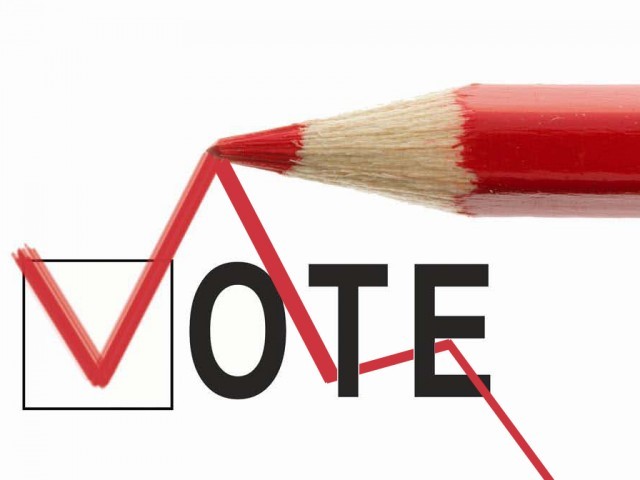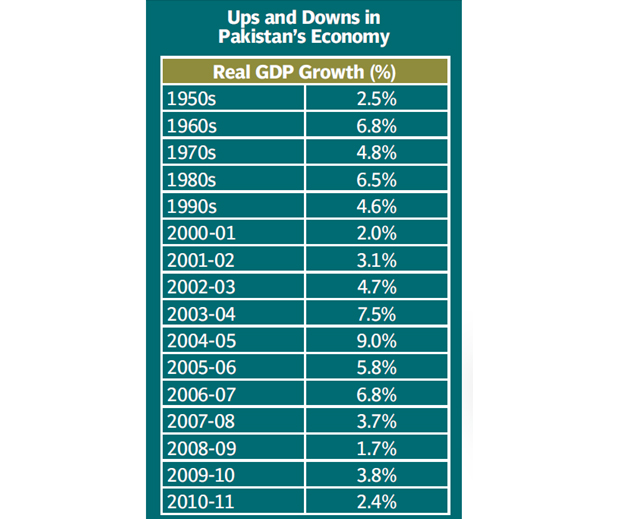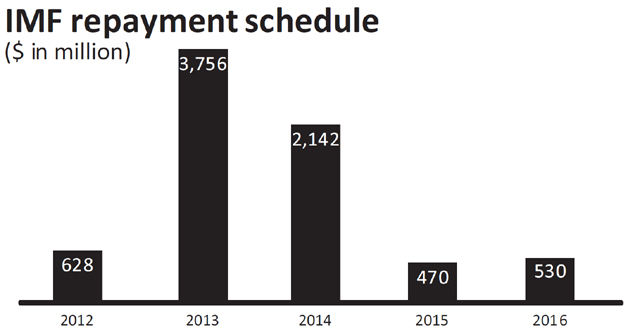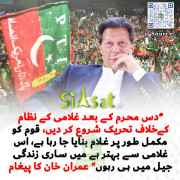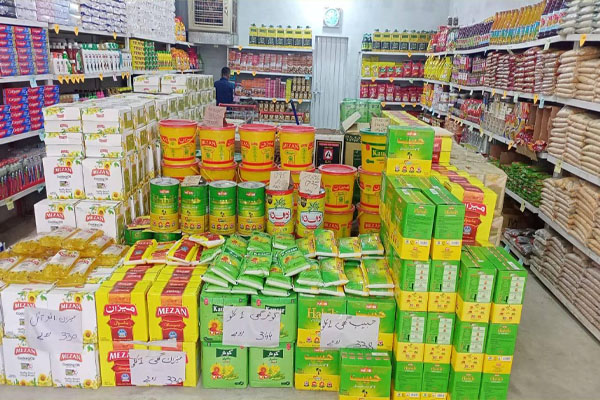[h=3]Variants[/h] [h=4]Republic[/h] Main article: Republicanism
In contemporary usage, the term democracy refers to a government chosen by the people, whether it is direct or representative.[SUP][85][/SUP] The term republic has many different meanings, but today often refers to a representative democracy with an elected head of state, such as a president, serving for a limited term, in contrast to states with a hereditary monarch as a head of state, even if these states also are representative democracies with an elected or appointed head of government such as a prime minister.[SUP][86][/SUP]
The Founding Fathers of the United States rarely praised and often criticised democracy, which in their time tended to specifically mean direct democracy, often without the protection of a Constitution enshrining basic rights; James Madison argued, especially in The Federalist No. 10, that what distinguished a democracy from a republic was that the former became weaker as it got larger and suffered more violently from the effects of faction, whereas a republic could get stronger as it got larger and combats faction by its very structure.
What was critical to American values, John Adams insisted,[SUP][87][/SUP] was that the government be "bound by fixed laws, which the people have a voice in making, and a right to defend." As Benjamin Franklin was exiting after writing the U.S. constitution, a woman asked him "Well, Doctor, what have we got—a republic or a monarchy?". He replied "A republic—if you can keep it."[SUP][88][/SUP]
[h=4]Constitutional monarchy[/h] Main article: Constitutional monarchy
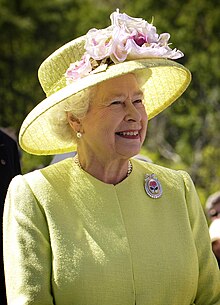

Queen Elizabeth II, a constitutional monarch.
Initially after the American and French revolutions, the question was open whether a democracy, in order to restrain unchecked majority rule, should have an lite upper chamber, the members perhaps appointed meritorious experts or having lifetime tenures, or should have a constitutional monarch with limited but real powers. Some countries (as The United Kingdom, the Netherlands, Belgium, Scandinavian countries, Thailand, Japan and Bhutan) turned powerful monarchs into constitutional monarchs with limited or, often gradually, merely symbolic roles.
Often the monarchy was abolished along with the aristocratic system (as in France, China, Russia, Germany, Austria, Hungary, Italy, Greece and Egypt). Many nations had lite upper houses of legislatures which often had lifetime tenure, but eventually these lost power (as in Britain) or else became elective and remained powerful (as in the United States).[SUP][citation needed][/SUP]
[h=4]Socialist[/h] Socialist thought has several different views on democracy. Social democracy, democratic socialism, and the dictatorship of the proletariat (usually exercised through Soviet democracy) are some examples. Many democratic socialists and social democrats believe in a form of participatory democracy and workplace democracy combined with a representative democracy.
Within Marxist orthodoxy there is a hostility to what is commonly called "liberal democracy", which they simply refer to as parliamentary democracy because of its often centralised nature. Because of their desire to eliminate the political elitism they see in capitalism, Marxists, Leninists and Trotskyists believe in direct democracy implemented through a system of communes (which are sometimes called soviets). This system ultimately manifests itself as council democracy and begins with workplace democracy. (See Democracy in Marxism.)
Some anarcho-communists oppose the majoritarian nature of direct democracy, feeling that it can impede individual liberty and opt in favour of a non-majoritarian form of consensus democracy, similar to Proudhon's position on direct democracy.[SUP][93][/SUP] Henry David Thoreau, who did not self-identify as an anarchist but argued for "a better government"[SUP][94][/SUP] and is cited as an inspiration by some anarchists, argued that people should not be in the position of ruling others or being ruled when there is no consent.
Anarcho-capitalists, voluntaryists and other libertarian anarchists oppose institutional democracy as they consider it in conflict with widely held moral and ethical principles and their notion of individual rights. Their main argument is that the state is a coercive institution that violates the Non-aggression principle (NAP). Libertarian anarchists also criticise democracy on economic grounds in terms of inefficiency or disability in bringing about maximisation of individual liberty. They also claim that the people that make up the democratic institutions are foremost driven by their own self-interest. [SUP][95][/SUP][SUP][96][/SUP]
[h=4]Demarchy[/h] Main article: Demarchy
Sometimes called "democracy without elections", demarchy uses sortition to choose decision makers via a random process. The intention is that those chosen will be representative of the opinions and interests of the people at large, and be more fair and impartial than an elected official. The technique was in widespread use in Athenian Democracy and is still used in modern jury selection.
[h=4]Consociational[/h] Main article: Consociational democracy
A consociational democracy allows for simultaneous majority votes in two or more ethno-religious constituencies, and policies are enacted only if they gain majority support from both or all of them.
[h=4]Consensus democracy[/h] Main article: Consensus democracy
A consensus democracy, in contrast, would not be dichotomous. Instead, decisions would be based on a multi-option approach, and policies would be enacted if they gained sufficient support, either in a purely verbal agreement, or via a consensus vote - a multi-option preference vote. If the threshold of support were at a sufficiently high level, minorities would be as it were protected automatically. Furthermore, any voting would be ethno-colour blind.
[h=4]Supranational[/h] Qualified majority voting is designed by the Treaty of Rome to be the principal method of reaching decisions in the European Council of Ministers. This system allocates votes to member states in part according to their population, but heavily weighted in favour of the smaller states. This might be seen as a form of representative democracy, but representatives to the Council might be appointed rather than directly elected.
Some might consider the "individuals" being democratically represented to be states rather than people, as with many others. European Parliament members are democratically directly elected on the basis of universal suffrage, may be seen as an example of a supranational democratic institution.
[h=4]Inclusive[/h] Main article: Inclusive Democracy
Inclusive democracy is a political theory and political project that aims for direct democracy in all fields of social life: political democracy in the form of face-to-face assemblies which are confederated, economic democracy in a stateless, moneyless and marketless economy, democracy in the social realm, i.e. self-management in places of work and education, and ecological democracy which aims to reintegrate society and nature. The theoretical project of inclusive democracy emerged from the work of political philosopher Takis Fotopoulos in "Towards An Inclusive Democracy" and was further developed in the journal Democracy & Natureand its successor The International Journal of Inclusive Democracy.
The basic unit of decision making in an inclusive democracy is the demotic assembly, i.e. the assembly of demos, the citizen body in a given geographical area which may encompass a town and the surrounding villages, or even neighbourhoods of large cities. An inclusive democracy today can only take the form of a confederal democracy that is based on a network of administrative councils whose members or delegates are elected from popular face-to-face democratic assemblies in the various demoi. Thus, their role is purely administrative and practical, not one of policy-making like that of representatives in representative democracy.
The citizen body is advised by experts but it is the citizen body which functions as the ultimate decision-taker . Authority can be delegated to a segment of the citizen body to carry out specific duties, for example to serve as members of popular courts, or of regional and confederal councils. Such delegation is made, in principle, by lot, on a rotation basis, and is always recallable by the citizen body. Delegates to regional and confederal bodies should have specific mandates.
In contemporary usage, the term democracy refers to a government chosen by the people, whether it is direct or representative.[SUP][85][/SUP] The term republic has many different meanings, but today often refers to a representative democracy with an elected head of state, such as a president, serving for a limited term, in contrast to states with a hereditary monarch as a head of state, even if these states also are representative democracies with an elected or appointed head of government such as a prime minister.[SUP][86][/SUP]
The Founding Fathers of the United States rarely praised and often criticised democracy, which in their time tended to specifically mean direct democracy, often without the protection of a Constitution enshrining basic rights; James Madison argued, especially in The Federalist No. 10, that what distinguished a democracy from a republic was that the former became weaker as it got larger and suffered more violently from the effects of faction, whereas a republic could get stronger as it got larger and combats faction by its very structure.
What was critical to American values, John Adams insisted,[SUP][87][/SUP] was that the government be "bound by fixed laws, which the people have a voice in making, and a right to defend." As Benjamin Franklin was exiting after writing the U.S. constitution, a woman asked him "Well, Doctor, what have we got—a republic or a monarchy?". He replied "A republic—if you can keep it."[SUP][88][/SUP]
[h=4]Constitutional monarchy[/h] Main article: Constitutional monarchy


Queen Elizabeth II, a constitutional monarch.
Initially after the American and French revolutions, the question was open whether a democracy, in order to restrain unchecked majority rule, should have an lite upper chamber, the members perhaps appointed meritorious experts or having lifetime tenures, or should have a constitutional monarch with limited but real powers. Some countries (as The United Kingdom, the Netherlands, Belgium, Scandinavian countries, Thailand, Japan and Bhutan) turned powerful monarchs into constitutional monarchs with limited or, often gradually, merely symbolic roles.
Often the monarchy was abolished along with the aristocratic system (as in France, China, Russia, Germany, Austria, Hungary, Italy, Greece and Egypt). Many nations had lite upper houses of legislatures which often had lifetime tenure, but eventually these lost power (as in Britain) or else became elective and remained powerful (as in the United States).[SUP][citation needed][/SUP]
[h=4]Socialist[/h] Socialist thought has several different views on democracy. Social democracy, democratic socialism, and the dictatorship of the proletariat (usually exercised through Soviet democracy) are some examples. Many democratic socialists and social democrats believe in a form of participatory democracy and workplace democracy combined with a representative democracy.
Within Marxist orthodoxy there is a hostility to what is commonly called "liberal democracy", which they simply refer to as parliamentary democracy because of its often centralised nature. Because of their desire to eliminate the political elitism they see in capitalism, Marxists, Leninists and Trotskyists believe in direct democracy implemented through a system of communes (which are sometimes called soviets). This system ultimately manifests itself as council democracy and begins with workplace democracy. (See Democracy in Marxism.)
Democracy cannot consist solely of elections that are nearly always fictitious and managed by rich landowners and professional politicians.
—Che Guevara, Speech, Uruguay, 1961[SUP][89][/SUP]
[h=4]Anarchist[/h] Anarchists are split in this domain, depending on whether they believe that a majority-rule is tyrannic or not. The only form of democracy considered acceptable to many anarchists is direct democracy. Pierre-Joseph Proudhon argued that the only acceptable form of direct democracy is one in which it is recognised that majority decisions are not binding on the minority, even when unanimous.[SUP][90][/SUP] However, anarcho-communist Murray Bookchin criticised individualist anarchists for opposing democracy,[SUP][91][/SUP] and says "majority rule" is consistent with anarchism.[SUP][92][/SUP]—Che Guevara, Speech, Uruguay, 1961[SUP][89][/SUP]
Some anarcho-communists oppose the majoritarian nature of direct democracy, feeling that it can impede individual liberty and opt in favour of a non-majoritarian form of consensus democracy, similar to Proudhon's position on direct democracy.[SUP][93][/SUP] Henry David Thoreau, who did not self-identify as an anarchist but argued for "a better government"[SUP][94][/SUP] and is cited as an inspiration by some anarchists, argued that people should not be in the position of ruling others or being ruled when there is no consent.
Anarcho-capitalists, voluntaryists and other libertarian anarchists oppose institutional democracy as they consider it in conflict with widely held moral and ethical principles and their notion of individual rights. Their main argument is that the state is a coercive institution that violates the Non-aggression principle (NAP). Libertarian anarchists also criticise democracy on economic grounds in terms of inefficiency or disability in bringing about maximisation of individual liberty. They also claim that the people that make up the democratic institutions are foremost driven by their own self-interest. [SUP][95][/SUP][SUP][96][/SUP]
[h=4]Demarchy[/h] Main article: Demarchy
Sometimes called "democracy without elections", demarchy uses sortition to choose decision makers via a random process. The intention is that those chosen will be representative of the opinions and interests of the people at large, and be more fair and impartial than an elected official. The technique was in widespread use in Athenian Democracy and is still used in modern jury selection.
[h=4]Consociational[/h] Main article: Consociational democracy
A consociational democracy allows for simultaneous majority votes in two or more ethno-religious constituencies, and policies are enacted only if they gain majority support from both or all of them.
[h=4]Consensus democracy[/h] Main article: Consensus democracy
A consensus democracy, in contrast, would not be dichotomous. Instead, decisions would be based on a multi-option approach, and policies would be enacted if they gained sufficient support, either in a purely verbal agreement, or via a consensus vote - a multi-option preference vote. If the threshold of support were at a sufficiently high level, minorities would be as it were protected automatically. Furthermore, any voting would be ethno-colour blind.
[h=4]Supranational[/h] Qualified majority voting is designed by the Treaty of Rome to be the principal method of reaching decisions in the European Council of Ministers. This system allocates votes to member states in part according to their population, but heavily weighted in favour of the smaller states. This might be seen as a form of representative democracy, but representatives to the Council might be appointed rather than directly elected.
Some might consider the "individuals" being democratically represented to be states rather than people, as with many others. European Parliament members are democratically directly elected on the basis of universal suffrage, may be seen as an example of a supranational democratic institution.
[h=4]Inclusive[/h] Main article: Inclusive Democracy
Inclusive democracy is a political theory and political project that aims for direct democracy in all fields of social life: political democracy in the form of face-to-face assemblies which are confederated, economic democracy in a stateless, moneyless and marketless economy, democracy in the social realm, i.e. self-management in places of work and education, and ecological democracy which aims to reintegrate society and nature. The theoretical project of inclusive democracy emerged from the work of political philosopher Takis Fotopoulos in "Towards An Inclusive Democracy" and was further developed in the journal Democracy & Natureand its successor The International Journal of Inclusive Democracy.
The basic unit of decision making in an inclusive democracy is the demotic assembly, i.e. the assembly of demos, the citizen body in a given geographical area which may encompass a town and the surrounding villages, or even neighbourhoods of large cities. An inclusive democracy today can only take the form of a confederal democracy that is based on a network of administrative councils whose members or delegates are elected from popular face-to-face democratic assemblies in the various demoi. Thus, their role is purely administrative and practical, not one of policy-making like that of representatives in representative democracy.
The citizen body is advised by experts but it is the citizen body which functions as the ultimate decision-taker . Authority can be delegated to a segment of the citizen body to carry out specific duties, for example to serve as members of popular courts, or of regional and confederal councils. Such delegation is made, in principle, by lot, on a rotation basis, and is always recallable by the citizen body. Delegates to regional and confederal bodies should have specific mandates.

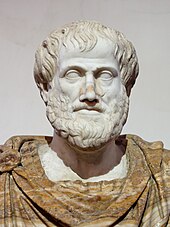
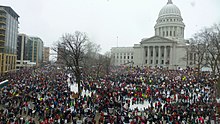
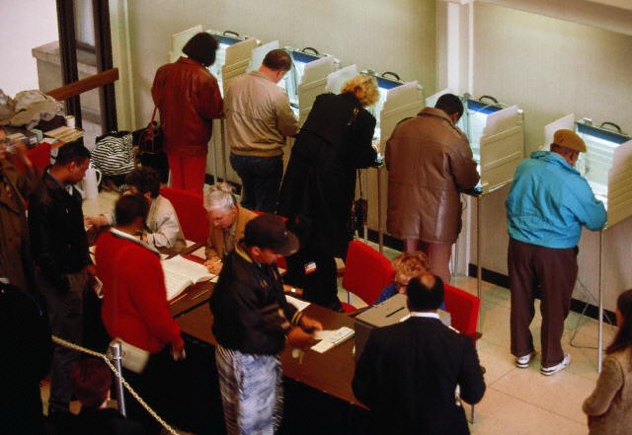
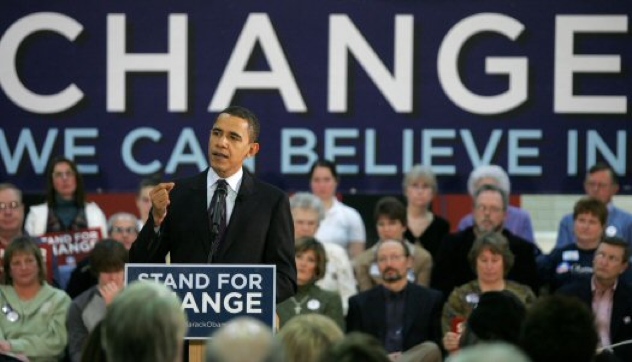
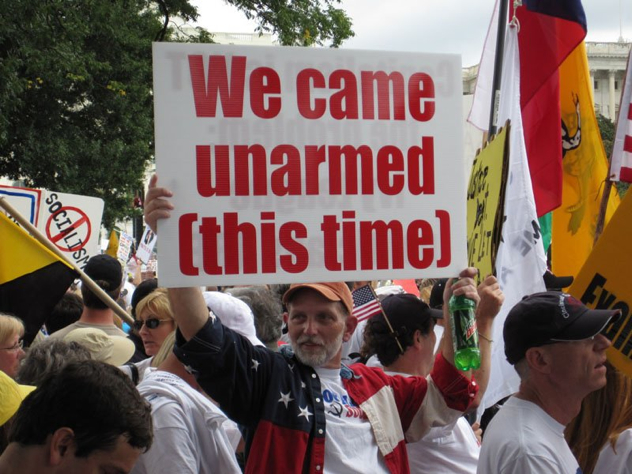
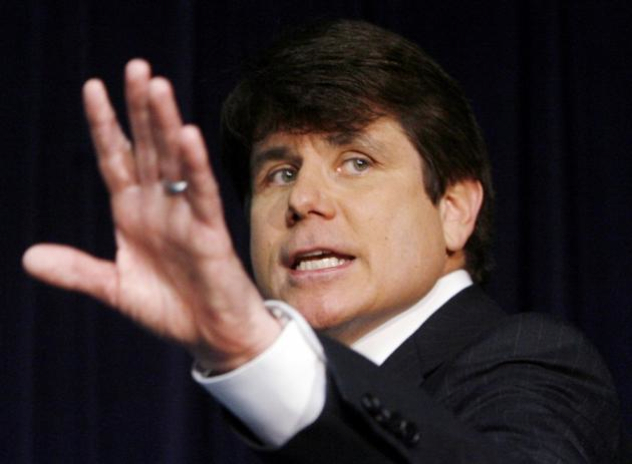
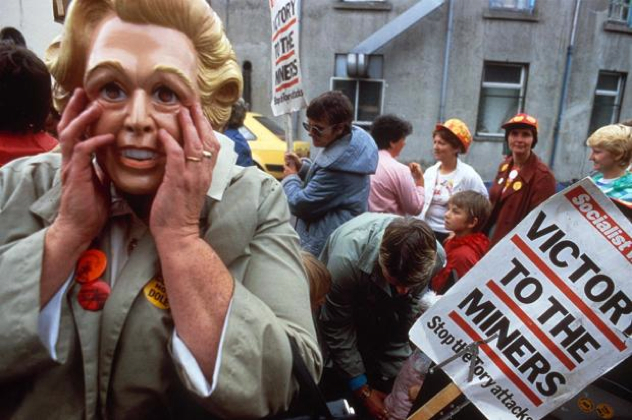
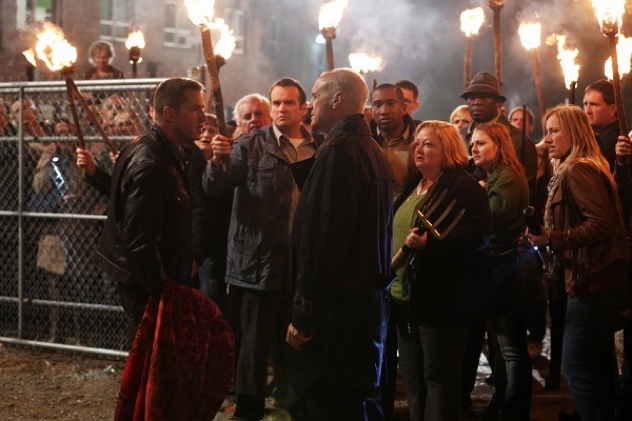

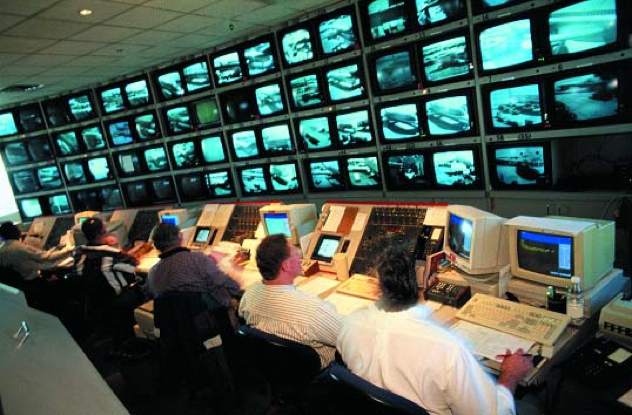
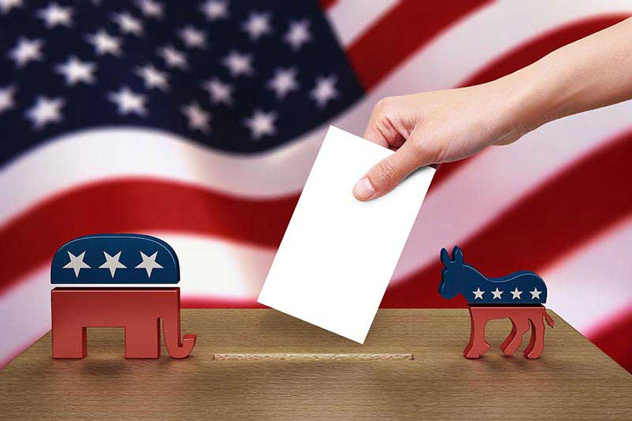
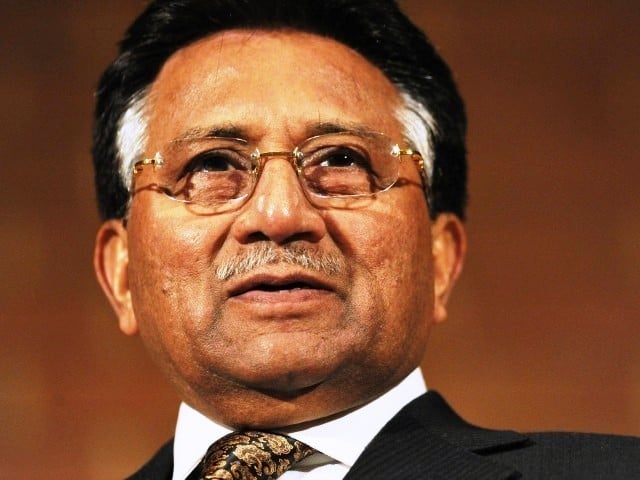
 Share this article
Share this article Print this page
Print this page 